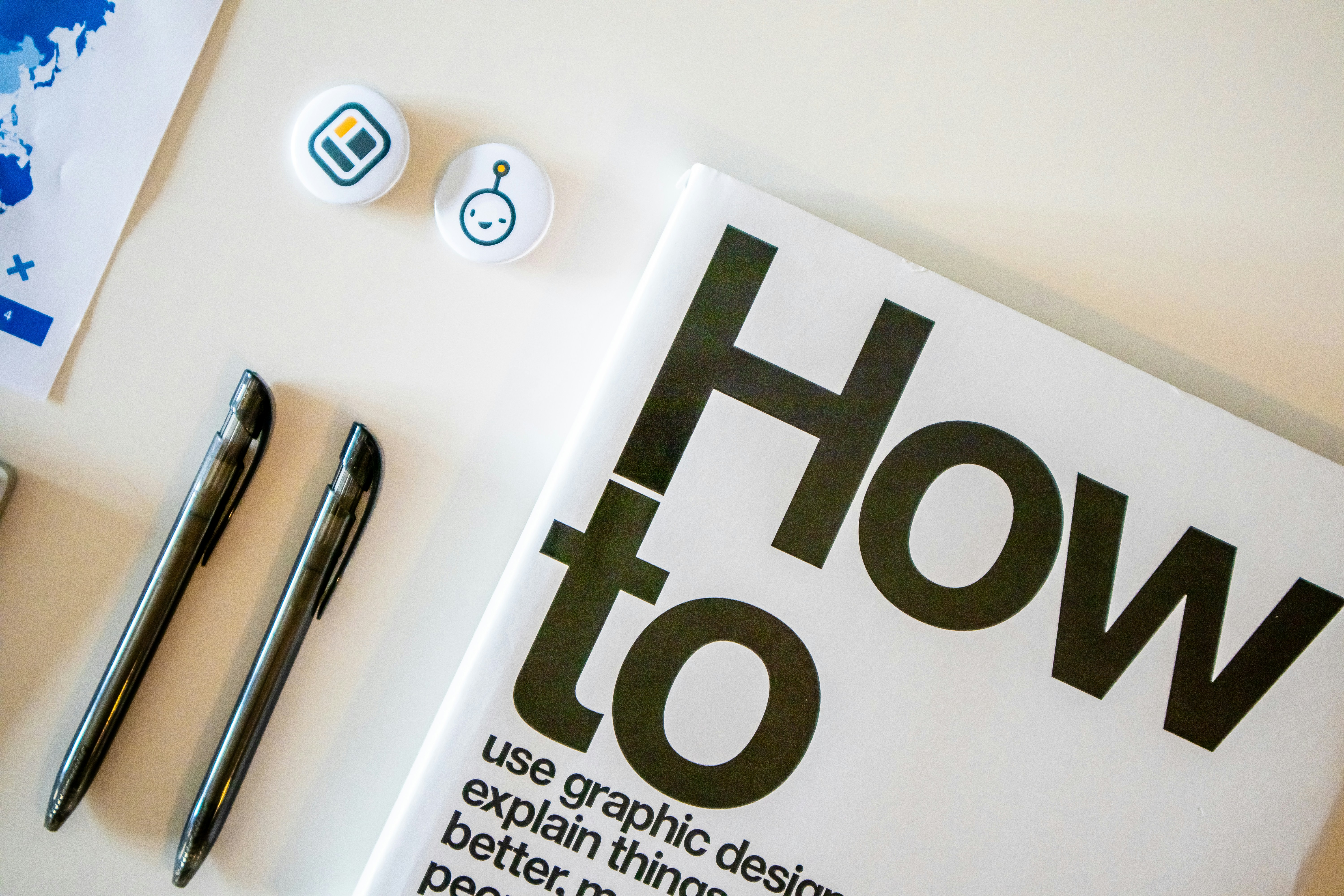In a recent column, I wrote about the importance of women supporting other women in accounting. In it, I touched on how an integral part of this support includes women leaders engaging with other women through mentorship. In the lead-up to the new year, I think it’s important for women in more junior accounting firm roles to resolve to look for positive mentorship in 2017.
Here are the traits that positive mentors should possess and how you can engage them.
Traits
Take a holistic approach when determining the traits that you’re looking for in a potential mentor. There are some qualities that every mentor should possess, regardless of your personality type. On a base level, every mentor should help you take advantage of opportunities — encouraging you to do so even before you feel you’re ready. A mentor should also take notice when you’re attending a particular meeting for the first time and make a point of showing you the ropes – making sure that you feel comfortable and that you know how to be a successful participant. Importantly, a mentor shouldn’t be someone that just tells you what you want to hear. Rather, they should provide constructive feedback so you can be successful.
You should also consider the traits you’re looking for in a mentor that will work most effectively with your unique personality and work style. That doesn’t mean looking for someone who is exactly the same as you — your ideal mentor will be someone who is almost your opposite. They’ll be someone who possesses the traits you desire to have, but who is still on a similar wavelength to you. Try taking the Myers-Briggs or DiSC personality test and have your proposed mentor do the same in order to find the right match. By identifying your personality type, you can determine whether you’re more successful when someone gives you objectives to achieve or whether you might need more hands-on coaching.
Having a more clear understanding of your personality will help you communicate it to a potential mentor — giving them the ability to help you improve on the skills and traits you possess that need development.
How to Find Them
While it’s important to consider the traits of your mentors as individuals, I’ve learned over the years that a mentor isn’t necessarily one person. Something that can be of huge benefit to women, but that not many women actually do, is to assemble an ‘A-Team’ over time. By creating a supportive network of your female peers, you can bring this team from company to company — rather than having to work extra hard to break into existing teams when coming into new workplaces alone. I suspect that a lot of us don’t have the time to create these kinds of networks due to the number of demands we as women have in our lives. Between work, our personal lives and striving to prove that we measure up — there is little time left to go out and find like-minded women to team up with. If we try to be a one-person A-Team, we often become engaged in an uphill battle — resulting in women being the minority at the leadership level.
While it may take time, try to build your own A-Team comprised of women with unique skill sets. At conferences, networking events and even within your own firm, look for women who might be a good fit for this team. You might find one person to add to your circle who is particularly adept at networking and making connections and can help you in this area. You might look for another who’s an experienced manager or leader or another who can teach you about sales and business development. Although a sponsor is slightly different to a mentor, it’s extremely beneficial to have someone in your pack who is part of your firm’s leadership team, as they can advocate for you to attain higher positions at this level. Everyone has their own area of expertise. Seek out these people and establish a collaborative relationship with them by identifying ways you can both help each other.
Once you have a deeper understanding of your personality type and know the specific traits you need to look for in a mentor, you can start building a supportive network of your peers and eventually create your own A-Team.
————-
Amy Vetter, CPA, CITP, CGMA, is the Global Vice President of Education and Enablement for Xero. In this role, she is responsible for developing and executing Xero’s worldwide education strategy with a focus on Xero University (Xero U) and Xero TV. Follow her on Twitter @AmyVetterCPA.
Thanks for reading CPA Practice Advisor!
Subscribe Already registered? Log In
Need more information? Read the FAQs





